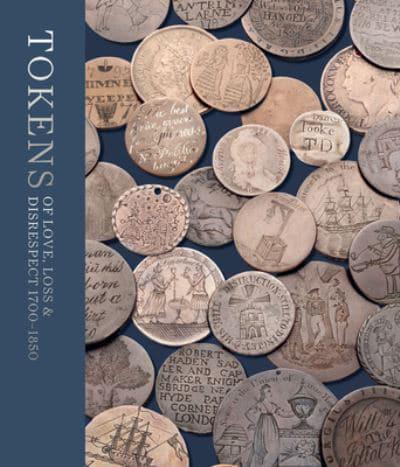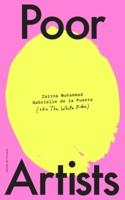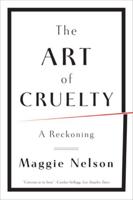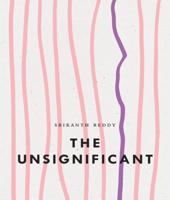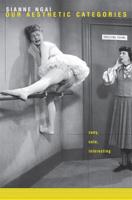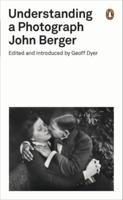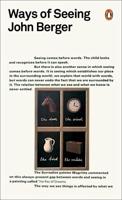Publisher's Synopsis
Coins are physically and visually intriguing. Explicitly designed to have monetary value, they can be used for their intended purpose. But coins have also frequently been repurposed to communicate private and public messages-from ad hoc scratchings and punch marks to complete re-engraving of surfaces. As carriers of messages, coins have the advantage of being unobtrusive: They can easily be carried around, and their exchange does not arouse suspicion. Tokens of Love, Loss and Disrespect gives insight into the many unofficial purposes coins served in the past. Drawing on the largest extant collection of defaced coins and tokens, Sarah Lloyd brings together the full range of expertise required to understand the phenomenon, with contributions from eleven scholars and collectors. Tokens of Love, Loss and Disrespect focuses on a period in British history when modification of coinage expressed political commentary, commercial activity, familial and emotional commitment, personal identity, and life history. It examines the coins and tokens themselves and looks at who modified them, where, why, and how. Defaced coins and tokens are often enigmatic objects, and this book offers a means of decoding and assessing them, while also drawing attention to their value as a distinctive source of historical evidence. Tokens of Love, Loss and Disrespect considers what these surviving coins reveal about the society in which they were produced and the light they shed on major historical developments of the period.
